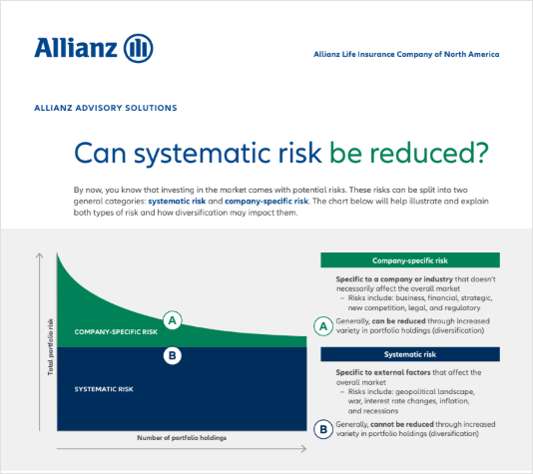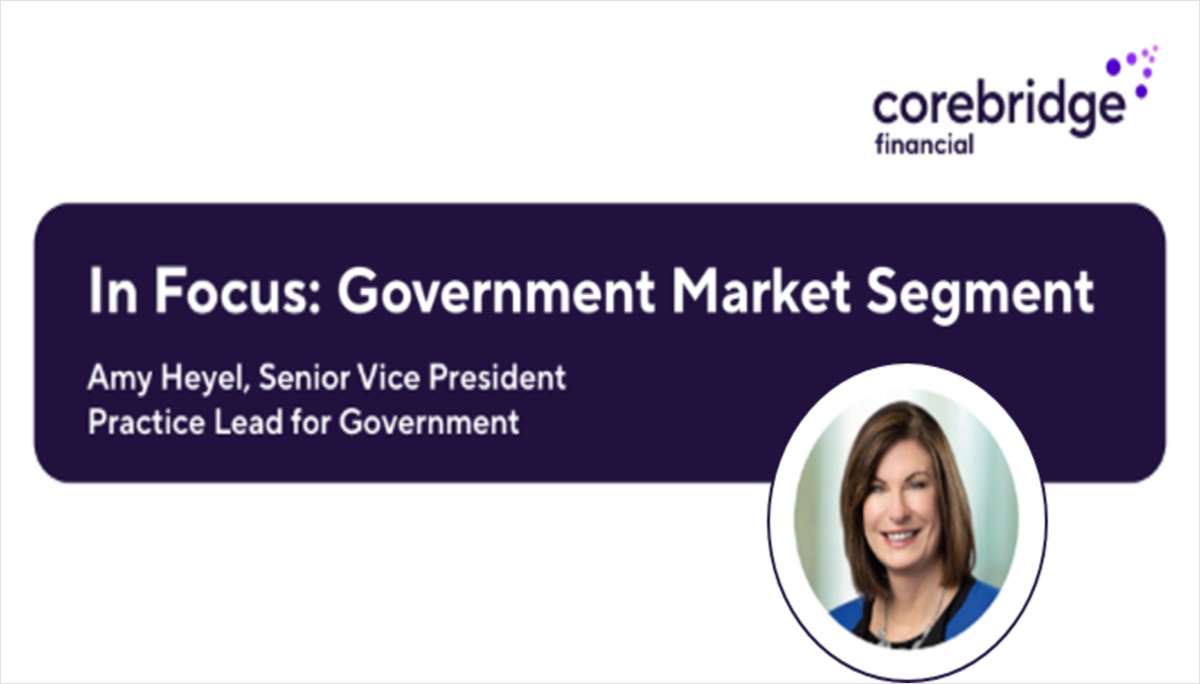UConn Building Insurance Fight Remanded to PA Commonwealth Court
The Pennsylvania Supreme Court has ruled that a settlement agreement between the University of Connecticut and a builder over alleged construction defects on the school's campus was ambiguous as to whether the parties released their own insurers from potential coverage claims, meaning the Commonwealth Court must now look beyond the language of the agreement at the parties' intent.
December 18, 2019 at 02:28 PM
5 minute read
The original version of this story was published on The Legal Intelligencer

The Pennsylvania Supreme Court has ruled that a settlement agreement between the University of Connecticut and a builder over alleged construction defects on the school's campus was ambiguous as to whether the parties released their own insurers from potential coverage claims, meaning the Commonwealth Court must now look beyond the language of the agreement at the parties' intent.
The justices, hearing the case on direct appeal, ruled 6-1 to reverse a Commonwealth Court ruling that found the settlement agreement clearly and unambiguously precluded plaintiff Suffolk Construction Co. from seeking indemnity from its insurer, Reliance Insurance, for $800,000 it paid out of pocket toward a $3.3 million settlement with UConn.
The Commonwealth Court, applying Connecticut law, had found that because the language of the settlement agreement was clear, it could not consider any extrinsic evidence regarding the parties' intent.
But Justice Christine Donohue, writing for the majority in a Dec. 17 opinion, disagreed.
"Pursuant to our review, the settlement agreement can be construed as nothing more than a mutual general release between UConn and Suffolk (as well as the other defending parties)," Donohue said. "At best, the language is ambiguous as to whether Suffolk released its own insurers, including Reliance, from providing insurance coverage for claims related to the project. The ambiguity stems not from Suffolk's 'subjective perception' of the terms of the settlement agreement, but from the terms of the agreement itself, as the language releasing claims for 'insurance coverage' and 'indemnification' does not have a single, clear meaning."
Donohue was joined by Chief Justice Thomas Saylor and Justices Debra Todd, Kevin Dougherty, David Wecht and Sallie Updyke Mundy.
Justice Max Baer penned a dissenting opinion, noting that he agreed with the Commonwealth Court that the settlement agreement clearly and unambiguously precluded Suffolk from seeking indemnification from Reliance.
In 1997, according to Donohue's opinion, Suffolk was hired by UConn for the construction of several buildings on the university's campus. UConn obtained insurance policies from Reliance and named Suffolk and other contractors as as insureds.
The construction was completed in early 2001 and Reliance went into liquidation in late 2001, Donohue said. In 2013 and 2014, UConn complained of defects in the construction and eventually sued Suffolk and other contractors. In 2016, Suffolk submitted a proof of claim to the Insurance Commissioner of Pennsylvania, which is the statutory liquidator of Reliance. In the meantime, Suffolk reached the settlement with UConn.
The settlement was between UConn, "'on behalf of itself and its officers, directors, trustees, insurers, heirs, personal representatives, successors, assigns and subrogees,'" and seven defendants, including Suffolk, "'on behalf of themselves and their respective insurers, reinsurers, third-party administrators, attorneys, successors, sureties, parents, subsidiaries, affiliates, distributors, suppliers, agents, subcontractors, employees, subrogees, subrogors and their officers, directors and assigns.'"
The agreement released the parties and "'their respective insurers … from any and all claims … including claims for insurance coverage and indemnity.'"
The Commonwealth Court said the agreement was clearly and unambiguously intended to preclude the parties from filing claims with their own insurers, in part because insurance coverage and indemnity are benefits that can only be sought by insureds from their own insurers.
But Donohue said that assertion was "incorrect."
"Although an indemnification claim can be brought against one's own insurer, there are myriad cases involving claims for indemnity from non-insurance parties," Donohue said. "In the context of this case, the release of claims for indemnification could have been between and among the defending parties or by one of the defending parties against UConn."
The Commonwealth Court also found that there was nothing in the settlement agreement to suggest the parties intended to release only insurers who were parties to the agreement or that the parties did not intend to release their own insurers.
But Donohue again disagreed.
"Critical to this court's analysis is the meaning of the word 'respective,' which is used more than once in the agreement," Donohue said. "First, the settlement agreement states that the agreement was entered into by all of the defending parties on behalf of themselves and their 'respective' officers, employees, subcontractors, parent companies, agents, attorneys and insurers. Viewed in context, it is clear that the defending parties are binding themselves to the agreement, and similarly binding the named entities. The dictionary definition of 'respective' is 'particular, separate.' Given this definition and the context in which the word 'respective' is being used in the afore-quoted clause, this can only mean that each defending party was entering into the agreement on its own behalf and on behalf of its own insurers (and employees, officers, attorneys, etc.)."
With that in mind, Donohue turned to the clause of the agreement in which the parties agreed to release each other "'and their respective insurers,'" attorneys and others from claims "'arising from or relating to the project directly or indirectly of whatever kind or nature.'"
"Based on the prior use of the word respective, as well as its plain meaning, it would be incongruous for 'respective' to now mean that the defending parties were each releasing their own insurers (and employees, attorneys, directors, etc.)," Donohue said. "In fact, it would be nonsensical for Suffolk to have waived any claims against its own attorneys, for example, for malpractice committed concerning their representation related to the project. It would be even more nonsensical for the settlement agreement to bar Suffolk's attorneys from pursuing an action to obtain payment on unpaid bills related to the project. The Commonwealth Court's interpretation, however, would lead to precisely these results."
Counsel for Suffolk, Tracy Saxe of Saxe Doernberger & Vita in Trumbull, Connecticut, could not be reached for comment.
Counsel for Reliance and the Insurance Commissioner, Patrick Kingsley of Stradley Ronon Stevens & Young in Philadelphia, also could not be reached.
This content has been archived. It is available through our partners, LexisNexis® and Bloomberg Law.
To view this content, please continue to their sites.
Not a Lexis Subscriber?
Subscribe Now
Not a Bloomberg Law Subscriber?
Subscribe Now
NOT FOR REPRINT
© 2024 ALM Global, LLC, All Rights Reserved. Request academic re-use from www.copyright.com. All other uses, submit a request to [email protected]. For more information visit Asset & Logo Licensing.
You Might Like
View All
Progressive Hit With Class Action After Allegedly Unlawfully Denying Collision Coverage
3 minute read

Turning the Tables: Defense Litigators Embrace Lawsuits, Alleging Fraud at Plaintiffs Shops
6 minute read
Insurer in Baltimore Bridge Collapse Seeks More Than $350M Reimbursement
5 minute readLaw Firms Mentioned
Trending Stories
- 1Advocates Renew Campaign for Immigrant Right to Counsel in New York
- 2From ‘Unregulated’ to ‘A Matter of Great Concern’: PFAS Regulation under Biden
- 3Public Interest Lawyers in NY Fear Rollback of Federal Loan Assistance in '25, Ask Gov. to Add $4M to State Program
- 49th Circuit Judges Weigh if Section 230 Shields Grindr From Defective Design Claims
- 5TikTok Hit With Class Action Claiming It Circumvented Age Verification Measures and Monetized Children's Data
Who Got The Work
Michael G. Bongiorno, Andrew Scott Dulberg and Elizabeth E. Driscoll from Wilmer Cutler Pickering Hale and Dorr have stepped in to represent Symbotic Inc., an A.I.-enabled technology platform that focuses on increasing supply chain efficiency, and other defendants in a pending shareholder derivative lawsuit. The case, filed Oct. 2 in Massachusetts District Court by the Brown Law Firm on behalf of Stephen Austen, accuses certain officers and directors of misleading investors in regard to Symbotic's potential for margin growth by failing to disclose that the company was not equipped to timely deploy its systems or manage expenses through project delays. The case, assigned to U.S. District Judge Nathaniel M. Gorton, is 1:24-cv-12522, Austen v. Cohen et al.
Who Got The Work
Edmund Polubinski and Marie Killmond of Davis Polk & Wardwell have entered appearances for data platform software development company MongoDB and other defendants in a pending shareholder derivative lawsuit. The action, filed Oct. 7 in New York Southern District Court by the Brown Law Firm, accuses the company's directors and/or officers of falsely expressing confidence in the company’s restructuring of its sales incentive plan and downplaying the severity of decreases in its upfront commitments. The case is 1:24-cv-07594, Roy v. Ittycheria et al.
Who Got The Work
Amy O. Bruchs and Kurt F. Ellison of Michael Best & Friedrich have entered appearances for Epic Systems Corp. in a pending employment discrimination lawsuit. The suit was filed Sept. 7 in Wisconsin Western District Court by Levine Eisberner LLC and Siri & Glimstad on behalf of a project manager who claims that he was wrongfully terminated after applying for a religious exemption to the defendant's COVID-19 vaccine mandate. The case, assigned to U.S. Magistrate Judge Anita Marie Boor, is 3:24-cv-00630, Secker, Nathan v. Epic Systems Corporation.
Who Got The Work
David X. Sullivan, Thomas J. Finn and Gregory A. Hall from McCarter & English have entered appearances for Sunrun Installation Services in a pending civil rights lawsuit. The complaint was filed Sept. 4 in Connecticut District Court by attorney Robert M. Berke on behalf of former employee George Edward Steins, who was arrested and charged with employing an unregistered home improvement salesperson. The complaint alleges that had Sunrun informed the Connecticut Department of Consumer Protection that the plaintiff's employment had ended in 2017 and that he no longer held Sunrun's home improvement contractor license, he would not have been hit with charges, which were dismissed in May 2024. The case, assigned to U.S. District Judge Jeffrey A. Meyer, is 3:24-cv-01423, Steins v. Sunrun, Inc. et al.
Who Got The Work
Greenberg Traurig shareholder Joshua L. Raskin has entered an appearance for boohoo.com UK Ltd. in a pending patent infringement lawsuit. The suit, filed Sept. 3 in Texas Eastern District Court by Rozier Hardt McDonough on behalf of Alto Dynamics, asserts five patents related to an online shopping platform. The case, assigned to U.S. District Judge Rodney Gilstrap, is 2:24-cv-00719, Alto Dynamics, LLC v. boohoo.com UK Limited.
Featured Firms
Law Offices of Gary Martin Hays & Associates, P.C.
(470) 294-1674
Law Offices of Mark E. Salomone
(857) 444-6468
Smith & Hassler
(713) 739-1250










